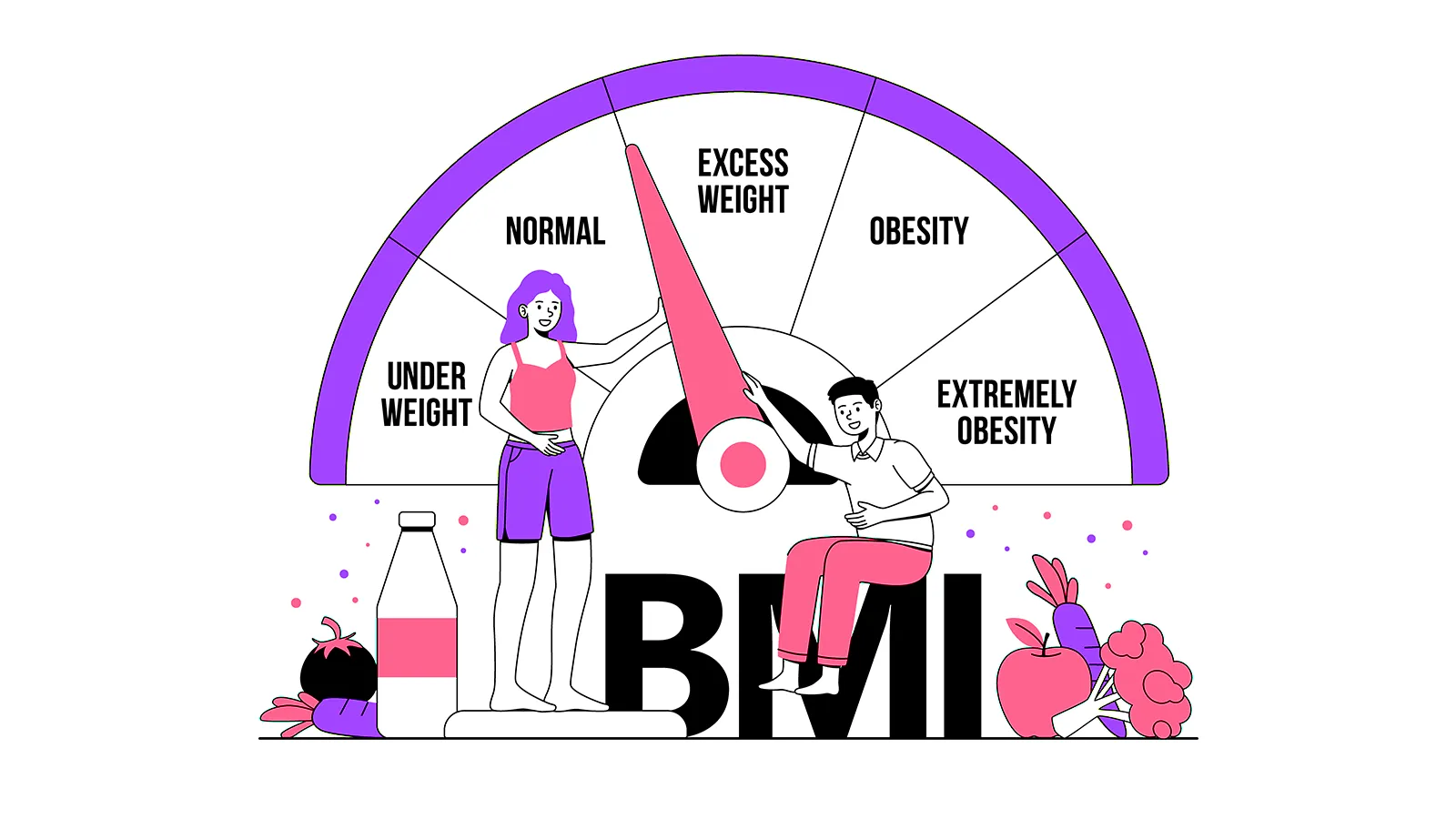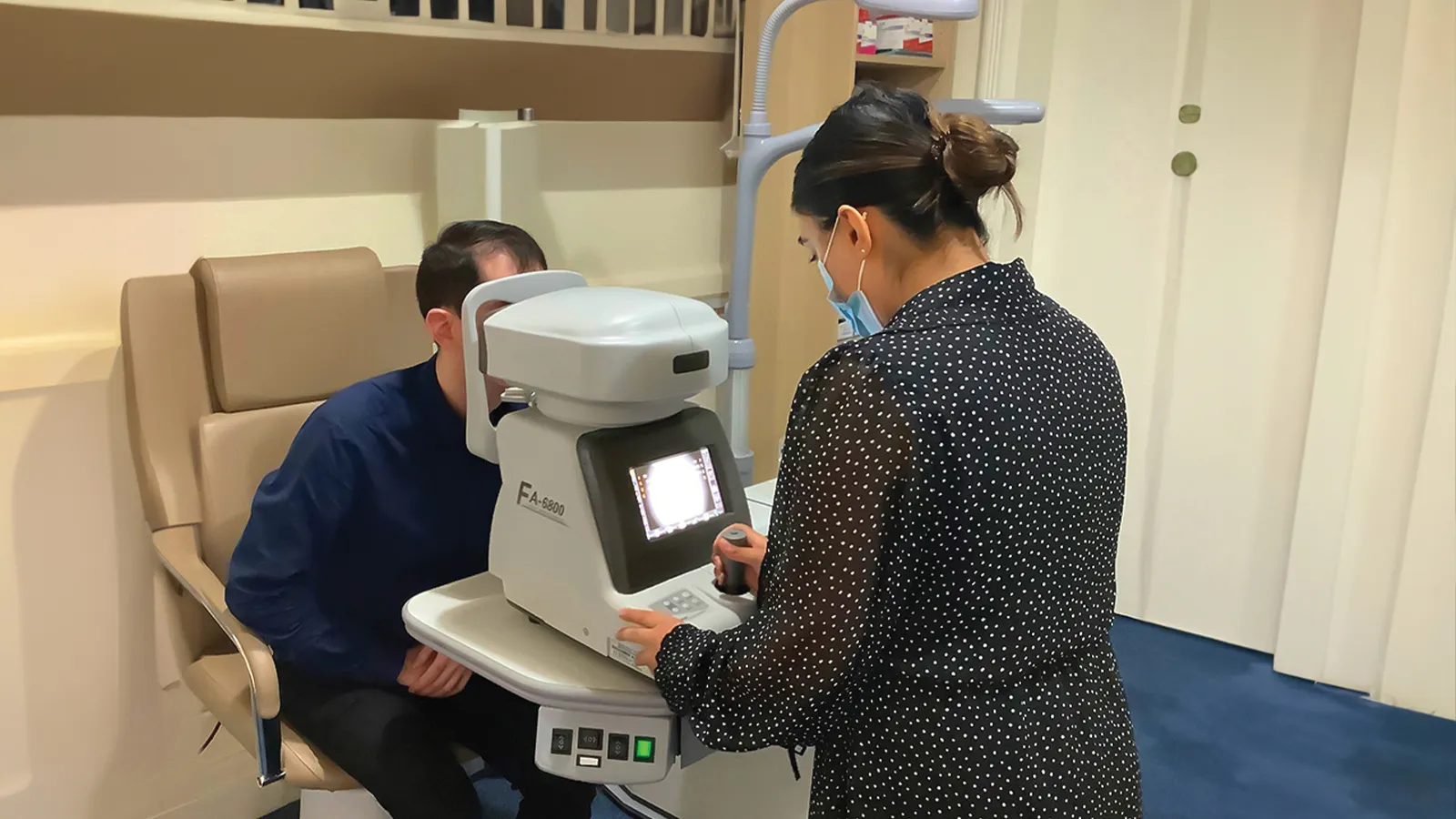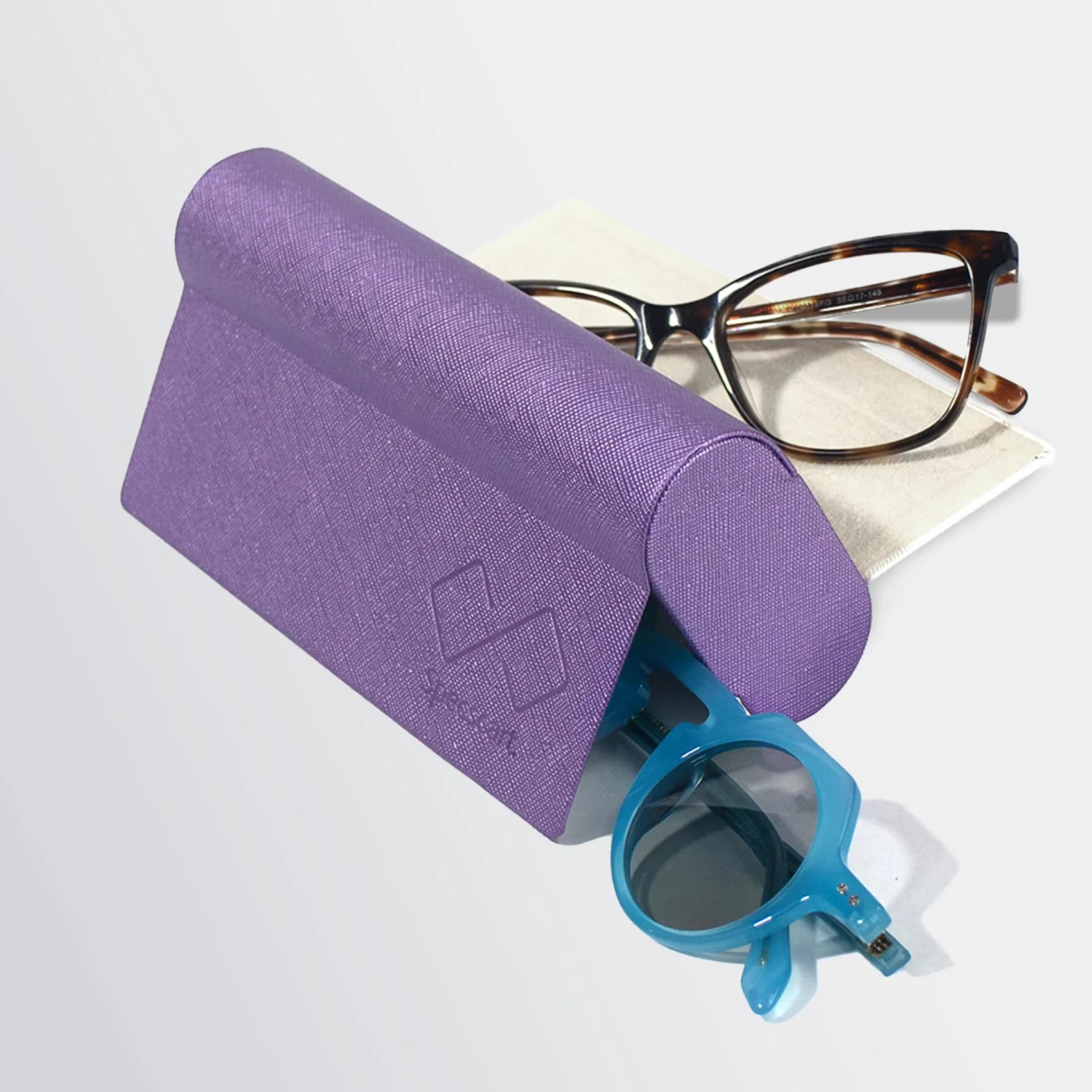We usually think that gaining some extra pounds will only affect the appearance of our body, or they will only cause issues like heart problems, diabetes, or joint pain. But what many people don’t realise is that your weight can also affect your vision. Obesity can influence many different systems of the body, including the eyes. From increased pressure inside the eye to a higher risk of sight-threatening diseases, the connection is real and often overlooked.
So, can obesity impact your eyesight? The answer might surprise you. Let’s dive into how your overall health and your vision are more connected than you think.
How are Obesity and Eye Diseases Linked?

According to the NHS, for most adults, having a BMI of 18.5 to 24.9 is considered to be a healthy weight. With an increase in weight, changes in the functioning of the body can be seen in different systems, including eyesight. Some common ocular conditions resulting from increased BMI include wet macular degeneration, retinal vein occlusions, floppy eyelid syndrome, diabetic retinopathy and stroke-related vision loss.
Researchers believe that eyesight is somehow affected by peripheral artery disease, which is present in obese people. When the tiny and delicate blood vessels become compromised, they experience trouble bringing oxygen and other nutrients to other areas of the eye.
Although cataracts are an age-related problem, obesity is one of the risk factors for this problem. People who are obese have high blood sugar levels, which contribute to the clouding of the eye lens.
Morbid obesity is linked with high inner eye pressure, which results in glaucoma, the leading cause of sight loss or blindness. Morbid obesity refers to a BMI of 40 or more, or 35 with other health conditions such as diabetes or high blood pressure.
Regular Eye Exams are a Must

No matter what your weight is, eye exams are important for everyone. But those with obesity should have these exams every year to detect the onset of eye diseases as soon as possible. A comprehensive eye exam can detect symptoms of developing ocular conditions so you can work on them soon and seek immediate medical help.
You may schedule a free eye test appointment at any of our stores if you live in Manchester. Our team of optometrists will perform a comprehensive examination of your eyes and easily diagnose any issues with your vision. The process only takes 15 to 20 minutes, and a prescription is also dispensed right away. Even if you only have doubts or concerns about your eye health, you can visit our store and talk to our optometrist and clear your doubts.
Maintain a Healthy Lifestyle

People with obesity might find some added motivation to lose a few pounds, knowing that their eyesight is on the line. Reducing your weight and maintaining a healthy lifestyle can bring down your risk of ocular diseases if you’re obese.
An active lifestyle coupled with a nutritious diet is the key to losing weight. Whether you’re hitting the gym or doing home workouts, the NHS recommends you take at least 150 minutes every week for moderate exercise. Include green leafy vegetables in your diet as they are rich in vitamin C, E, lutein, zeaxanthin and zinc, which are important to delay the onset of severe eye diseases.
Wrapping It Up
A healthy diet and active lifestyle are some powerful mantras to reduce the risk of serious health conditions. It will not only make your body feel good but also give you freshness and peace of mind with every sorted task. But with a busy lifestyle, we sometimes overlook taking care of our health and our vision. For this, regular eye checkups are important, as your eye doctor knows better what hints your eyes are giving. This will help to examine serious and dangerous symptoms and start treating them as soon as possible.
Caution: You may become style obsessed
Your way finder
2000+ Trendy Styles

Fashion Forward Sunnies




















































